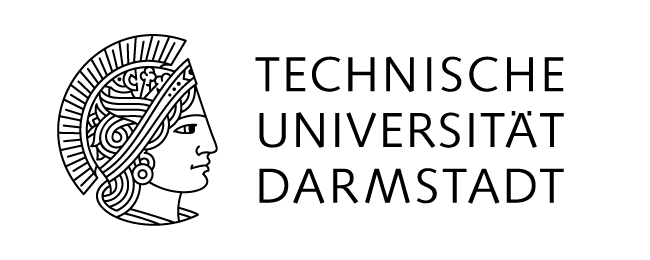Titles and Abstract of J. Yukich's course
(click on the lecture titles for the lecture notes)
Title: Probabilistic Analysis of Geometric Structures
Lecture 1: Probabilistic analysis of Euclidean optimization problems
Lecture 2: Central limit theorems for statistics of geometric
structures
Lecture 3: Limit theory for statistics of geometric structures via
stabilizing score functions
Lecture 4: Statistics of random polytopes
Lecture 5: Rates of multivariate normal approximation for statistics of
geometric structures
Abstract:
Many questions arising in stochastic geometry and applied
probability, as well as in random graphs, spatial
statistics, and statistical physics, may be understood in terms of the
behavior of statistics of large random geometric structures. Here the
randomness often comes from an underlying point process, i.e., a random
collection of points in $\R^d$, and the structure is generated from the
underlying point process and heavily depends on the geometry of the
points. Examples for such structures are random graphs such as nearest
neighbor graphs where the vertices are the points of a point process and
edges are drawn according to deterministic rules that take the geometry
of the points into account, random polytopes generated as convex hulls
of the underlying point process, or random tessellations such as Voronoi
tessellations. Models and structures of this type are used in physics,
materials science, telecommunications, and statistics of large data
sets.
This course will survey methods for establishing the limit theory of
statistics of geometric structures. The five lectures will focus on
classical sub-additive methods as well as more recent stabilization
methods. The latter tool allows one to study statistics which may be
expressed as a sum of spatially dependent terms having short range
interactions but complicated long range dependence.
